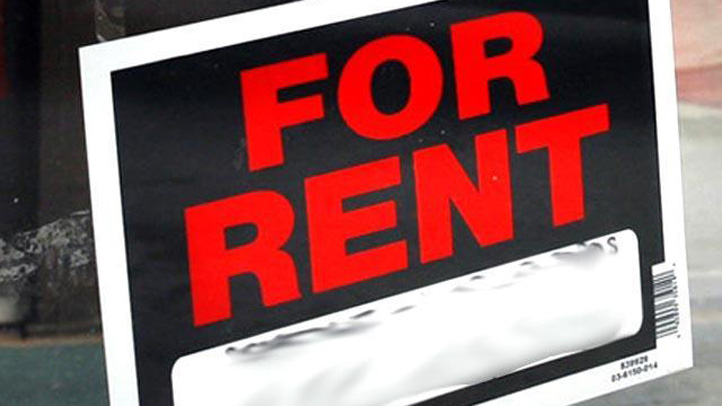San Francisco would become the first city in the country to require warning labels on advertising for soda and other sugary beverages, after the city's voters failed to approve a soda tax in the fall.
Supervisors Scott Wiener, Malia Cohen and Eric Mar on Tuesday introduced a three-pronged approach to cracking down on the consumption of drinks such as Coke and Sprite. The proposals don't need to go to the voters; they need board approval with the mayor's signature. Wiener said it could take between three to five months to go into effect if everything passes through the committees and hearings without any glitches.
Wiener is supporting proposed state Senate legislation called the "Sugar-Sweetened Beverage Safety Warning Act." State Sen. Bill Monning introduced the warning label idea for statewide in February.
Wiener’s legislation would apply to all new ads for soda and other sugary drinks on surfaces within the city — including billboards, buses, transit shelters, posters and sports stadiums — but would not apply to radio, television or newspaper advertisements since the city lacks the authority to regulate those. The label would read, “WARNING: Drinking beverages with added sugar(s) contributes to obesity, diabetes, and tooth decay. This is a message from the City and County of San Francisco.” Failure to comply could lead to fines, and a retailer who allows soda advertising without warning labels in his or her store would have 30 days to remove the ads or face a fine.
This warning label idea stalled in the state Assembly in June 2014, which was touted as a victory by Californians for Food & Beverage Choice, the biggest critics of sugary drink crackdowns. The group believes that "people can decide for themselves what they can eat and drink."
Cohen specifically proposed banning such advertising on city property including Muni buses and shelters, much like tobacco and alcohol are. And Mar specifically proposed banning San Francisco from spending city on sugary drinks.
The three supervisors were key backers of a 2-cents-per-ounce tax on soda and sugary drinks that went before voters in November. Because it specified where the revenue would go — to children’s nutrition and physical education programs — it required a two-thirds vote for passage. Instead, it was approved by 55 percent of voters and lost. The beverage industry vehemently fought the measure, along with others.
Local
But Berkeley, by contrast, had much better luck cracking down on sugary drinks and fighting off the beverage industry.
The liberal East Bay City became the first in the country to approve taxing sodas at 1-cent-per-ounce because its measure needed only a simple majority as the money flows into the general fund.
In his resolution, Wiener cites California's alarming obesity and diabetes rates as reasons taxpayers should want to prevent people from downing 12-ounce sodas that typically contain 10 teaspons of sugar. The city's legislative office estimated soda costs the city more than $50 million in battling these health problems.



